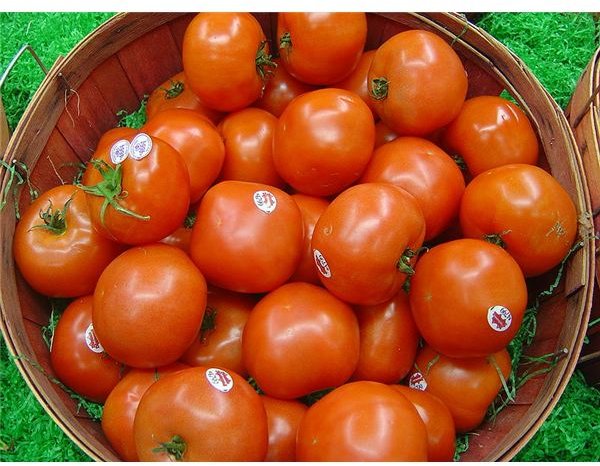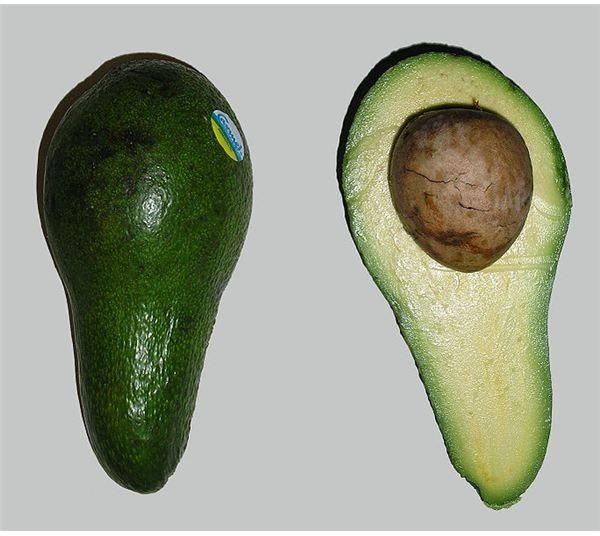Nutrition for Prostate Health: What Should You Eat for the Health of Your Prostate
The prostate is a small walnut-shaped gland below a man’s bladder that is responsible for producing the fluid for semen. Prostate enlargement and prostate cancer are two of the most common medical problems faced by men above the age of fifty. If you want a healthy prostate you should be consuming low amounts of fats, especially saturated fats, and high amounts of antioxidants.
Isoflavones
Soyfoods, such as soymilk and tofu, help protect against prostate cancer. These foods contain a compound called isoflavones, which is believed to lower the risk of various hormone-related diseases, such as breast and prostate cancer. For a healthy prostate, 89.9 mg per day is the suggested amount. Foods that are richest in isoflavones include tofu, natto, miso soup, bean curd, soy flour, soy milk, soy bean sprouts and edamame.
Make soy foods a regular part of your diet. You can consume miso in the form of broth or you can sprinkle it as a seasoning over brown rice or on any sautéed vegetable. Eating tofu burgers and consuming soy milk instead of the regular cow’s milk can also help in including more of soy foods in your daily diet.
Monounsaturated Fatty Acids and Carotenoids
Avocados are packed with monounsaturated fatty acid, which has been shown to protect against various forms of cancer. It also contains high amounts of the carotenoid lutein and high amounts of tocopherols (vitamin E). Both carotenoids and tocopherols are considered to stop the growth of prostate cancer cells and help in the promotion of a healthy prostate.
Lycopene
Lycopene is the natural antioxidant that makes tomatoes a good prostate food. This carotenoid gives the color red to foods. It is normally present in the prostate and testes of men, and its consumption is associated with lower risks of prostate cancer. Lycopene is also found in grapefruit, watermelon and guava, although tomatoes are the richest sources of this compound.

Besides lycopene, tomatoes are also believed to contain a variety of phytochemicals that offer protection against prostate cancer. The best way to get enough of this compound is to include tomatoes and tomato products in your diet.
Selenium
Selenium is an important antioxidant that is believed to lower risks of various cancers including cancer of the prostate. When combined with vitamin E, it protects the cells of the prostate and their genetic material from damage by free radicals, heavy metals, and toxins. Salmon, shiitake mushrooms, garlic and shellfish are good sources of selenium.
Zinc
Zinc is a nutrient that is considered to be important for the normal functioning of the human hormonal and immune system. High levels of zinc in the prostate tissues are supposed to decrease the risk of prostate cancer. Every time men have an ejaculation, they lose zinc and this is why they need more of this mineral than women. A deficiency of zinc can cause prostate enlargement and this is why it is an important nutrient for men. Include pumpkin seeds, sunflower seeds, beans, peas, and lentils to get the right amount of this nutrient.
Other Nutrition Tips for a Healthy Prostate
The right nutrition for prostate health involves a diet high in antioxidants, minerals and phytochemicals. Besides this, avoid unhealthy fats, such as saturated and trans fats. Excessive calcium intake and too much consumption of red meat should also be avoided for a healthy prostate. Increase your intake of vegetables, especially cruciferous vegetables such as broccoli, cauliflower, cabbage, Brussels sprouts and kale. Drink green tea and include whole grains, nuts and seeds in your diet.
References
The World’s Healthiest Foods: Prostate cancer - https://www.whfoods.com/genpage.php?dbid=17&tname=disease
University of California San Francisco: Nutrition and Prostate Cancer - https://www.ucsfhealth.org/education/nutrition_and_prostate_cancer/
https://www.ncbi.nlm.nih.gov/pubmed/15949687
Image Credit:
Fresh Tomatoes by Heavybluesman under Creative Commons Attribution-Share Alike 3.0 Unported
Avocados by Marco.Finke under Public Domain
